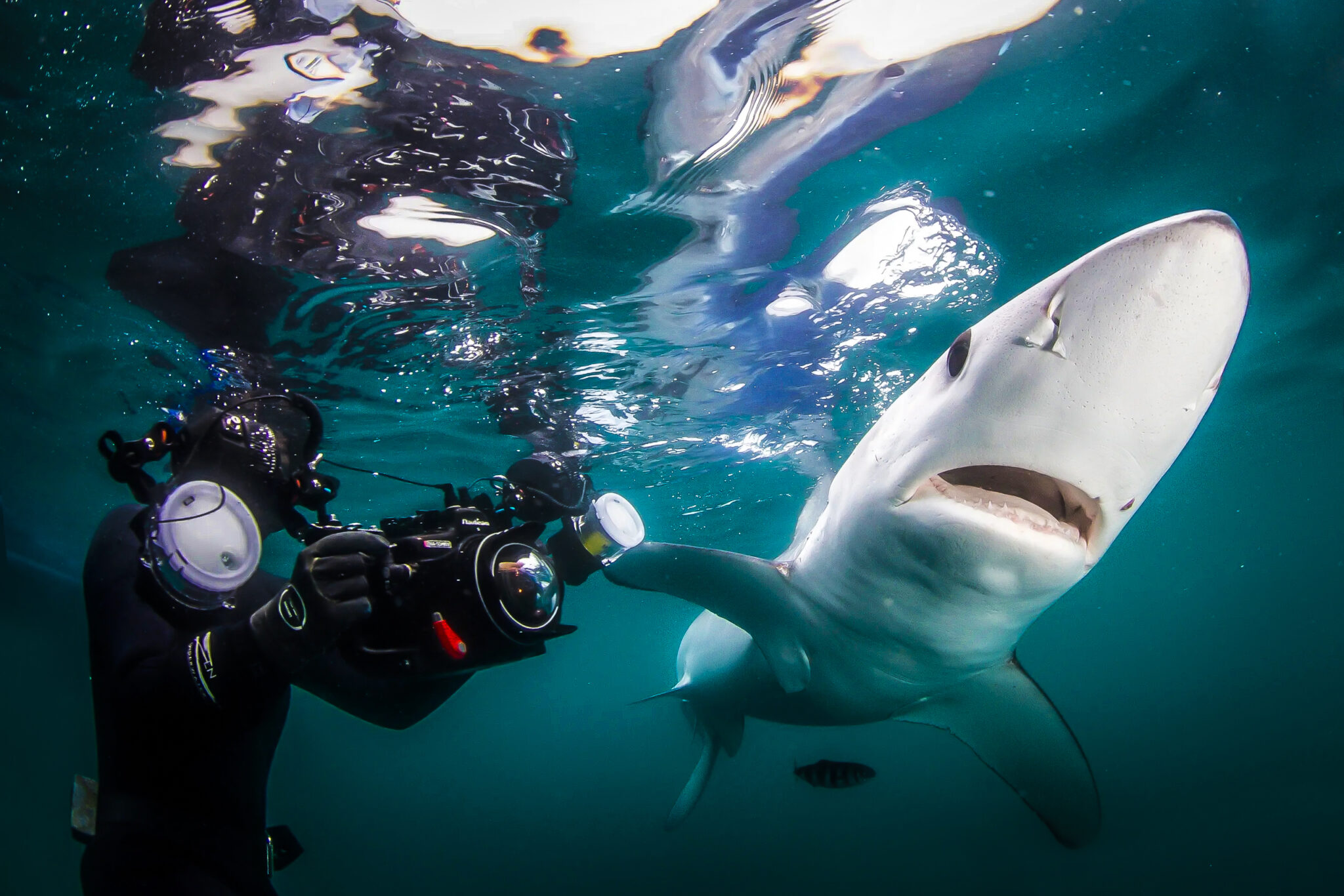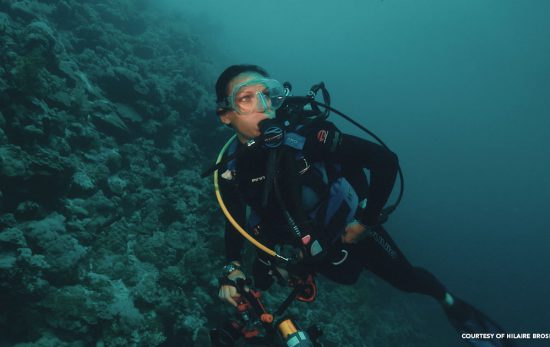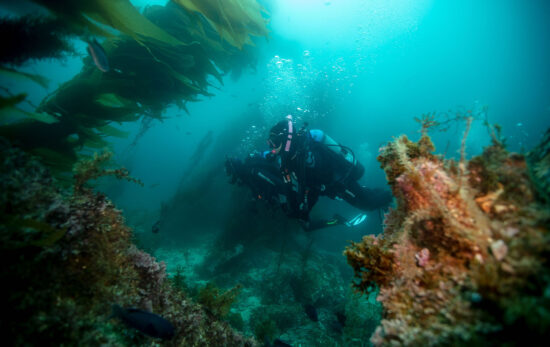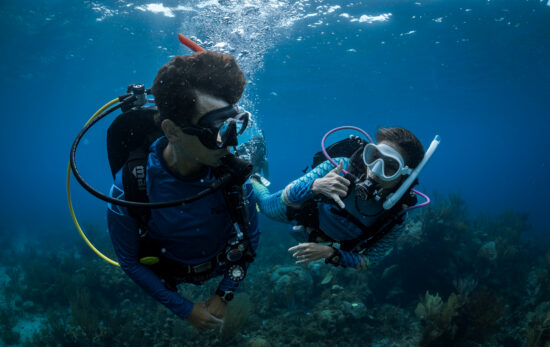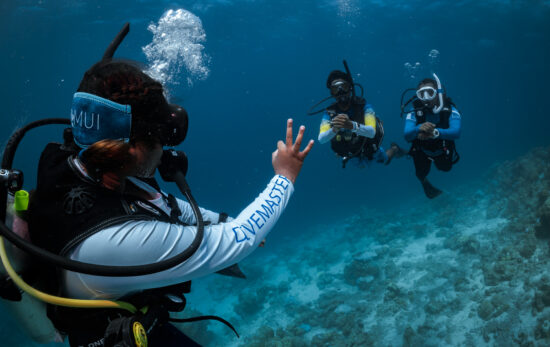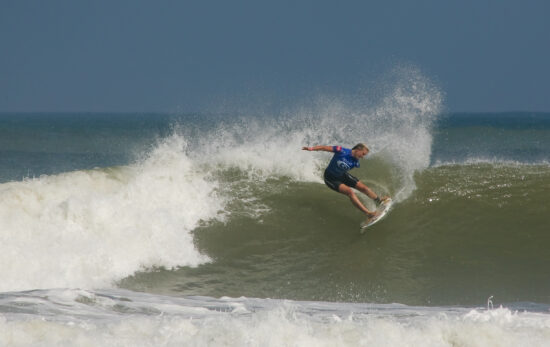There’s a famous saying among people who love the outdoors, “Leave this world a little better than you found it.” This quote is usually attributed to the person who founded Scouting, but it also resonates with those of us (ahem) who would rather sleep in a proper bed than on the ground. So, how can you make the most of your love of the outdoors with environmental jobs?
If you want to leave this ocean planet a little better than you found it, the environmental conservation jobs listed below can help you make a profound difference. Whether you’re an established professional looking for meaningful work or a young person exploring your options, there are plenty of ways to make a living and help save the ocean, too.
Some (but not all) of the environmental jobs in this article involve scuba diving for work. When putting together this list of environmental jobs, we focused on the impact you could make versus how much diving you get to do. If you’re interested in a job where you get paid to go scuba diving, check out the articles below:
Also, most marine conservation jobs require a university degree. We recognize this isn’t an option for everyone, so the list below includes two green jobs that help the environment – no degree required. For more scuba job opportunities that don’t require a college degree, please check out the articles linked above.
Conservation Biologist
Degree required: Yes
Conservation biologists, including wildlife biologists and fisheries biologists, collect data, monitor habitat health and make recommendations to decision-makers and stakeholders. If there is a court case following an environmental incident, a conservation biologist can also be an expert witness.
This job generally requires a biology degree with a focus on conservation or marine biology. A degree in environmental science and/or natural resource management may be applicable, depending on the job. Experience in wildlife or habitat conservation is a must.
Meet Conservation Biologist Dr. Andrea Marshall.
Divemaster
Degree required: No
You don’t need a university degree to be an expert on the underwater world. PADI Divemasters know their local dive sites better than almost anyone else.
During the PADI Divemaster course, you’ll gain general knowledge about aquatic environments and ecosystems. Your PADI Instructor will provide local insights and teach you how to lead dives. Once certified, you’ll be a role model to other scuba divers and an ambassador for the underwater world.
A Divemaster certification is also a gateway to many different scuba careers. For example, many professional photographers and videographers started as divemasters. It makes sense, right? When you know the underwater landscape and have excellent buoyancy, capturing a mesmerizing shot is much easier. If you work in a resort area, there will be a steady stream of divers excited to share your photos and expand your reputation.
Learn more about what you can do with a PADI Divemaster certification. Then, click the button below for information about how to become a divemaster and what’s involved in the PADI Divemaster course.
Marine Resource Economist
Degree required: Yes
Of all the environmental jobs on this list, this career path requires the most diverse knowledge and experience. The field of bioeconomics is where economics and ecology intersect. To become a marine resource economist requires both a bachelor’s degree in economics and direct experience in marine conservation.
Marine resource economists act as a bridge between the business world and the underwater realm. They evaluate the impact of economic policies and environmental damage by collecting data. Through scientific and statistical analysis, a marine resource economist makes important recommendations to business leaders and governments.
Meet Environmental Economist Jason Murray.
Hydrologist
Degree required: Yes
As you may have guessed by the job title, hydrologists study water. Their work may involve examining water quality questions such as: Is this water safe to drink? What pollutants are present and where did they come from? They may also evaluate water supply and weigh in on tough decisions about water conservation.
This job requires a lot of field work. You won’t be stuck behind a desk, but you may spend a considerable amount of time on a lab bench. To become a hydrologist, you need a bachelor’s degree in physical or natural science, environmental science or engineering with a focus on hydrology or water science.
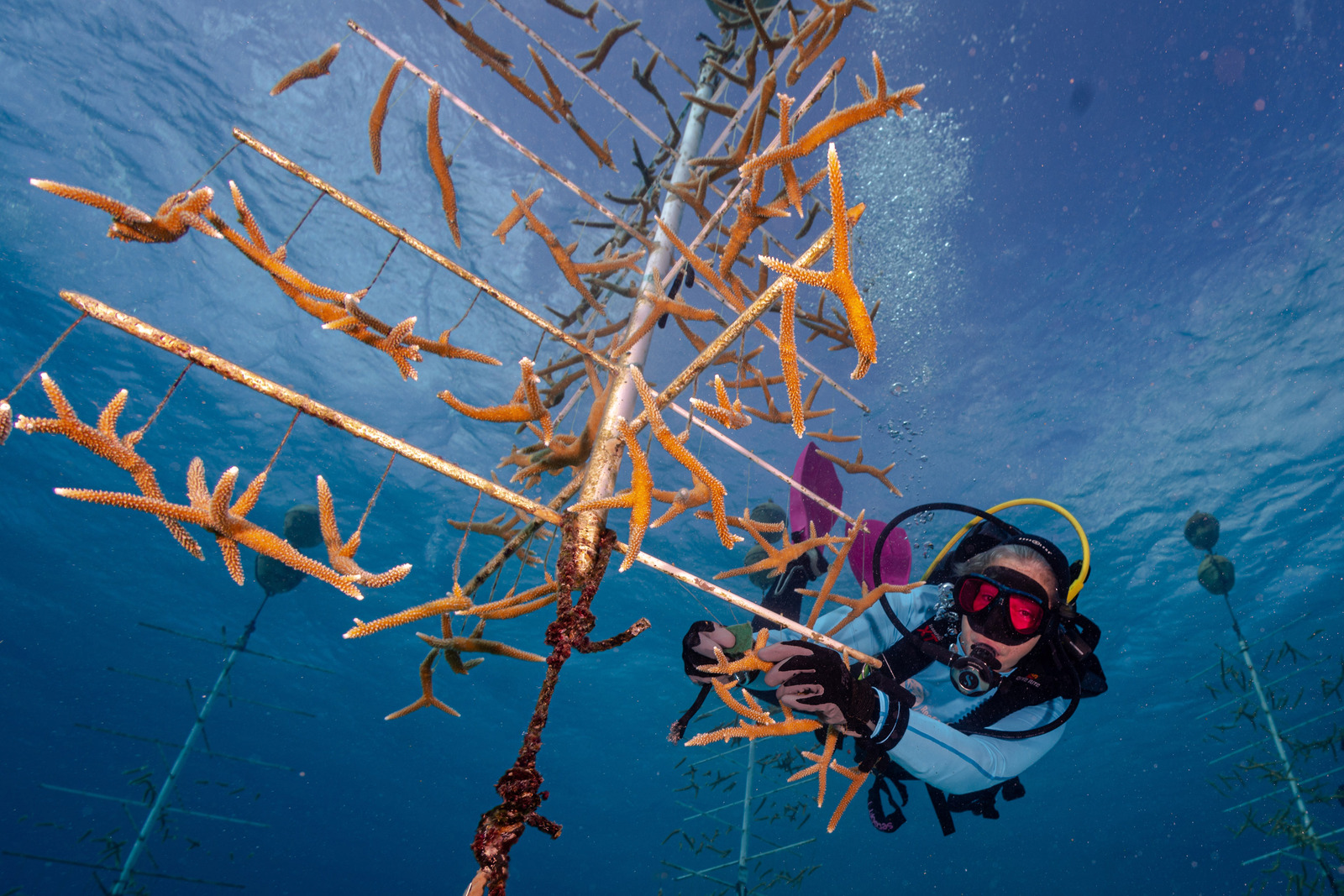
Marine Biologist
Degree required: Yes
For many divers, marine biologist is the ultimate eco job. You get paid to stare at marine life! What could be better?
To become a marine biologist, you need a degree in marine biology, marine ecology or zoology with a focus on aquatic biology. Many marine biologists also have a graduate degree and additional certifications.
Interested in becoming a marine biologist? Read these two interviews:
- Scuba Careers: Becoming a Marine Biologist
- Becoming a PADI Diver to Create Ocean Change – One Marine Biologist’s Story
Marine Ecologist
Degree required: Yes
While marine biologists focus on learning about a particular species, marine ecologists investigate relationships between species and the environment. Here’s a more detailed explanation of the difference.
To become a marine ecologist, you need a degree in biology or environmental science. Upon graduation, you’ll conduct research to help decision-makers create policies around environmental conservation.
Meet Marine Ecologist Dr. Tiara Moore.
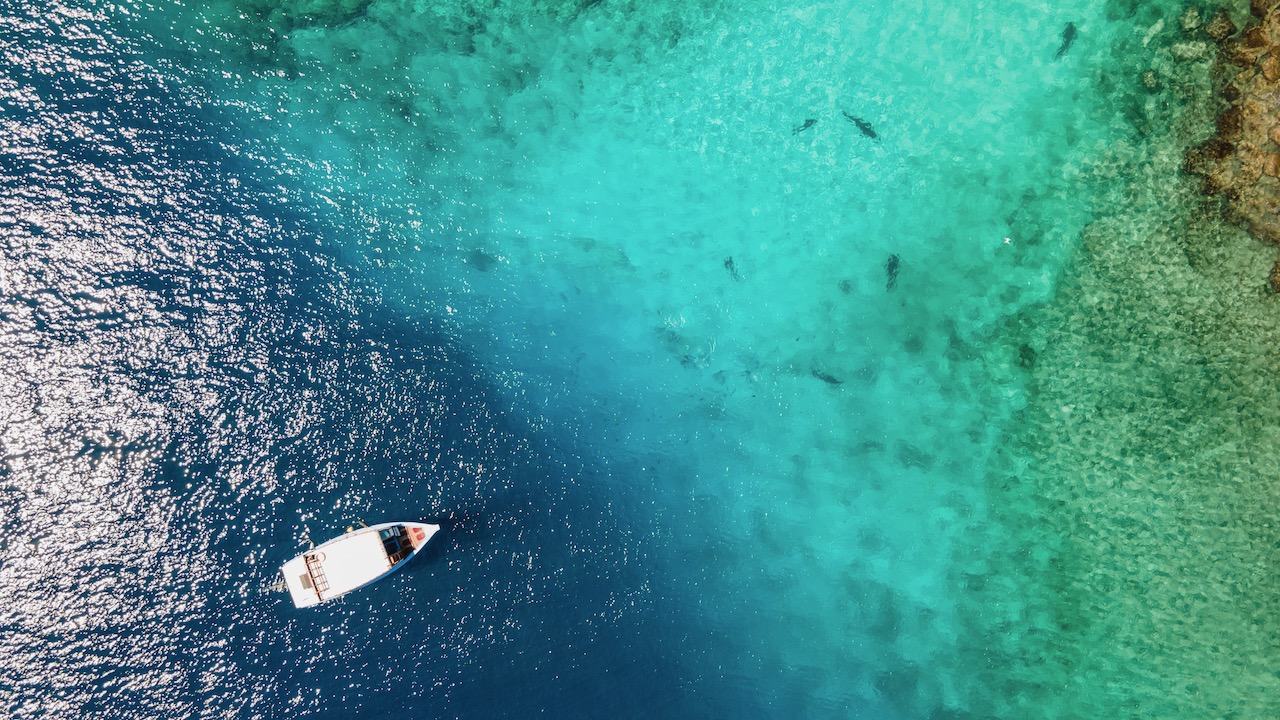
Oceanographer
Degree required: Yes
Oceanography is a broad term for studying, well, everything in the ocean. Some oceanographers research deep sea marine ecosystems, others study shoreline erosion. An oceanographer with an engineering background could help develop a new underwater exploration vehicle.
To become an oceanographer you need a degree in biology, geoscience, environmental science or engineering. Oceanographers also benefit from studying chemistry and physics.
Learn more about the field of oceanography.
Scuba Instructor
Degree required: No
A common misconception about becoming a scuba instructor is that you “just” teach people to dive. Pffff! That’s like saying primary school teachers “just” teach kids to read.
Scuba instructors are environmental educators who instill a passion for the underwater world in their students. They also help people overcome their fears and transform lives. As environmental jobs go, it’s one of the most rewarding.
The PADI Instructor Development Course (IDC) is the world’s most well-known and most respected scuba instructor course. As a PADI Instructor, you can travel the world and make the most of your time on this ocean planet. PADI Instructors are in demand across the globe.
If you like the idea of introducing people to the underwater world but not teaching people to scuba dive, consider becoming a freediving instructor.
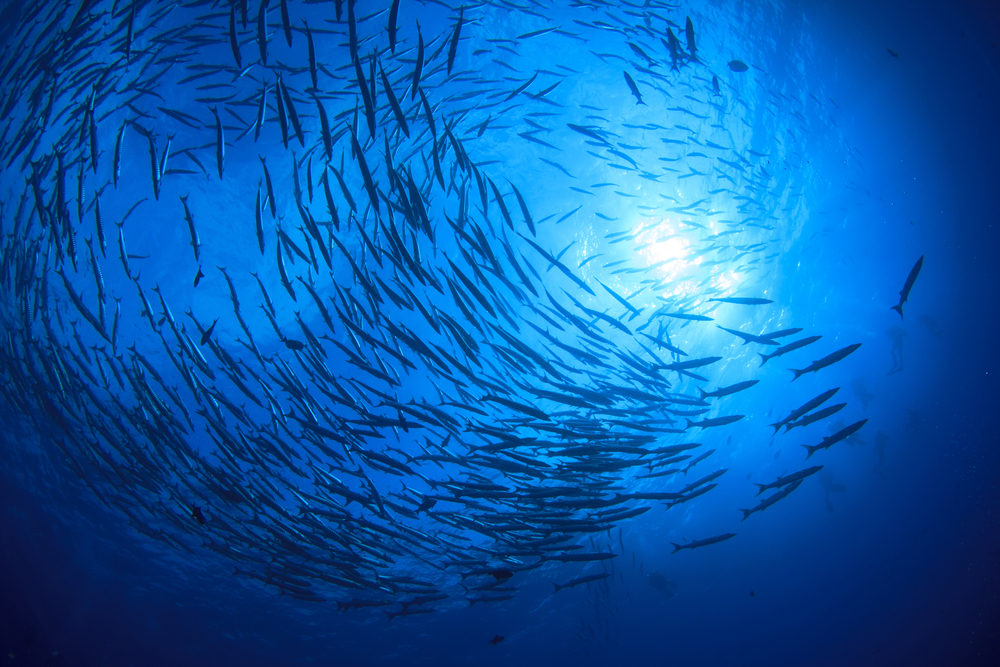
Fisheries Observer
Degree required: Yes
Globally, seafood supports many jobs around the world and is crucial to the diet of three billion people. However, overfishing is also recognized as one of the biggest threats facing the ocean today. Fisheries observers play a vital role in achieving sustainable fisheries. Their job is to collect data on fish catches and bycatch in order to inform sustainable management. Fisheries observers monitor fisheries for compliance and can help with enforcing regulations.
Fisheries observers typically hold a Bachelor degree with a major in one of the natural sciences, such as biology, geology or chemistry.
Read more about what being an observer is like here.
Marine Policy Specialist
Degree required: Usually
There is no more important time than the present to take action for the ocean. Marine policy specialists are on the frontline of this decision-making and play an active role in influencing policy that impacts protected species, fisheries, marine protected areas, and industrial developments at sea. Often, they work with stakeholders, governmental, and non-governmental organizations across their home nation and internationally.
Typically, job roles focused on marine policy require a Bachelor degree in environmental law, marine science or environmental policy and/or an advanced degree, such as a Master’s or PhD. Real-world experience in any ocean field is also highly beneficial for those seeking a job in this space.
Every Diver Can Make a Difference
If you’re happy with your current career or prefer to keep your scuba life and work life separate, don’t forget that every scuba diver is also an Ocean Torchbearer. For example, you don’t need a Ph.D. to help prevent plastic pollution (but it’s great if you do). You can make ocean-friendly choices and help others do the same.

